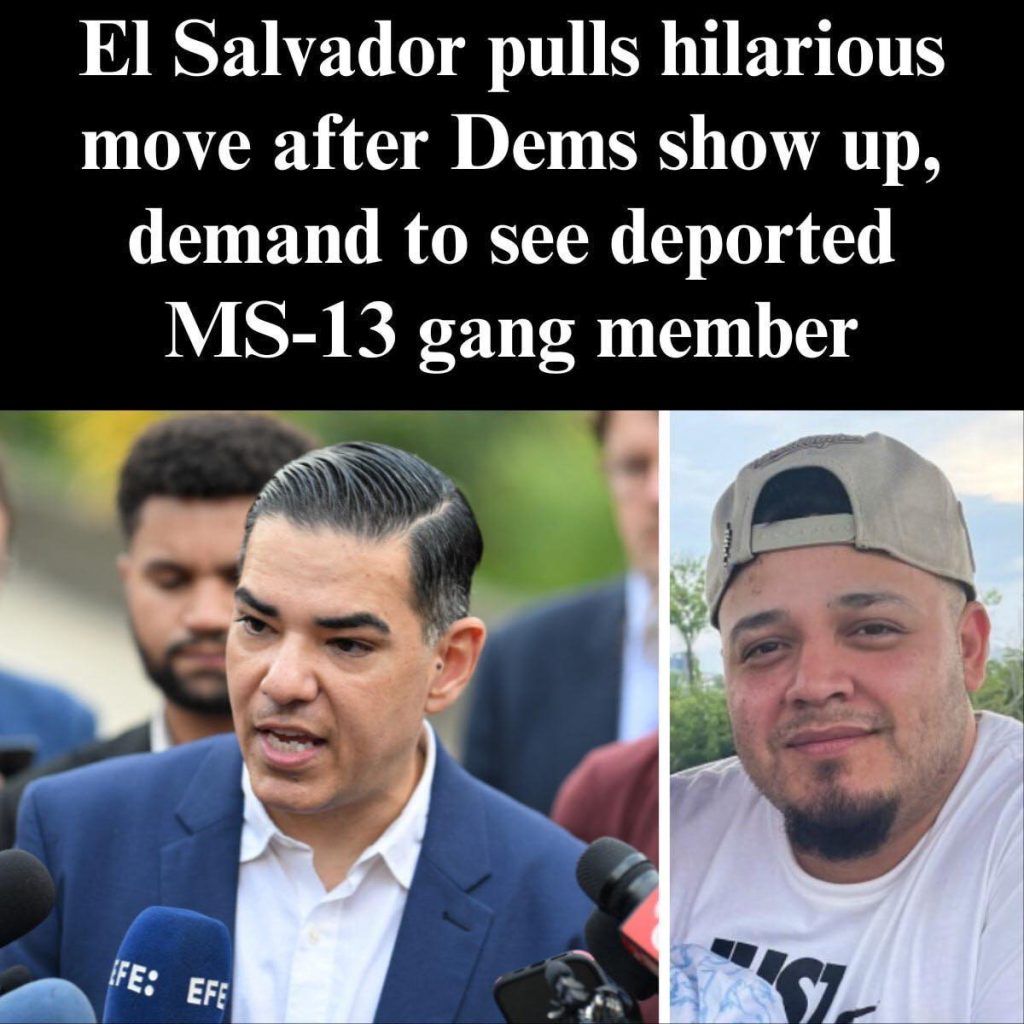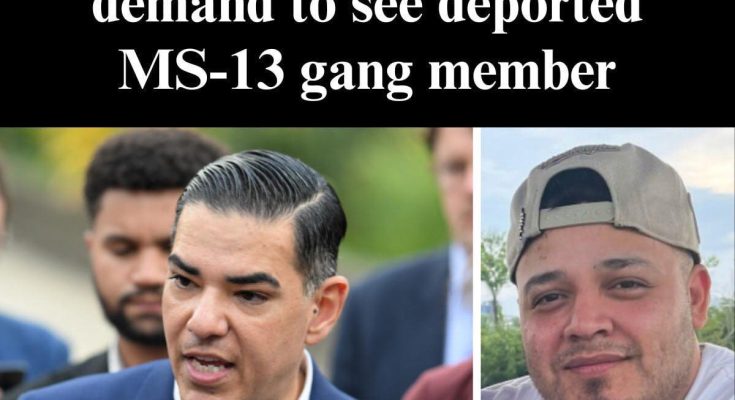Why Four U.S. Lawmakers Flew to El Salvador—and Left Without Answers

A quiet controversy has turned into a growing international concern after four members of Congress were denied access to a detained U.S. resident in El Salvador. The man at the center of it all? Kilmar Ábrego García—a Maryland resident who was deported under legally disputed circumstances and now finds himself behind bars in one of the world’s toughest prisons.
A Mission for Justice, Met with Silence
This week, Representatives Yassamin Ansari (AZ), Robert Garcia (CA), Maxwell Frost (FL), and Maxine Dexter (OR) made a rare trip to El Salvador. Their goal: to check on Ábrego García’s condition and push for his return to the U.S., where his legal case is still unresolved.
But when they got there, they weren’t even allowed to see him.
Frustrated and concerned, the lawmakers issued a formal request to the U.S. Department of State, demanding daily updates on his condition and immediate access for his legal team.
Rep. Ansari summed it up:
Who Is Kilmar Ábrego García—and Why Was He Deported?
Back in 2022, Ábrego García was pulled over by police in Tennessee. Authorities flagged signs of possible human trafficking—mainly because his passengers didn’t have luggage on a long trip. Later, U.S. officials linked him to the notorious gang MS-13, though his supporters strongly dispute that connection.
Here’s where things get complicated:
A federal court had already ordered a pause on his deportation. But he was removed from the country anyway.
To his family and legal team, this wasn’t just a bureaucratic error—it was a violation of due process and a potential threat to his life.
A Brief Visit, But Still No Clarity
Senator Chris Van Hollen of Maryland managed to briefly visit Ábrego García last week after negotiating with Salvadoran authorities. The senator said he seemed “distressed” and was being held in CECOT, El Salvador’s infamous high-security prison for suspected gang members.
A single photo was released to confirm the visit. But Ábrego García’s lawyers and family members aren’t fully convinced.
Chris Newman, the family’s attorney, expressed doubt:
What’s Really at Stake Here?
This case is about more than just one man—it’s about legal accountability, international law, and how far the U.S. government’s responsibility goes once someone is deported.
Legal experts say:
- A U.S. court can order a pause in deportation…
- But it can’t force another country to return someone once they’re gone.
That’s the crux of the issue: Should the U.S. have done more to stop the deportation? And now that Ábrego García is detained abroad, how can his rights still be protected?
His supporters argue this case raises red flags about the use—and abuse—of immigration enforcement, especially when there’s ongoing legal action and human rights at play.
So What Happens Next?


